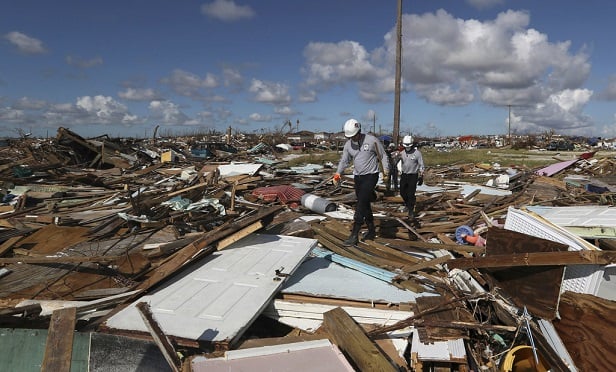 Considering the obstacles we are already facing, we must consider how insurers will respond to a natural disaster during the COVID crisis. (Photo: Fernando Llano/AP)
Considering the obstacles we are already facing, we must consider how insurers will respond to a natural disaster during the COVID crisis. (Photo: Fernando Llano/AP)
The effects of the coronavirus shock have already had dramatic economic consequences, and all indications point to its continuation for the foreseeable future. The virus has stunted the fast-paced movement and interaction of people throughout the world, countries, and even locally. Cities have been quarantined, sport stadiums are emptied, and much of human interaction has ceased globally. It is hard to capture how much the slowdown in the movement of people will impact the global economy, but U.S. gross domestic product has already contracted by 4.8%, and most experts have predicted one of the country's worst economic slowdowns.
Recommended For You
Want to continue reading?
Become a Free PropertyCasualty360 Digital Reader
Your access to unlimited PropertyCasualty360 content isn’t changing.
Once you are an ALM digital member, you’ll receive:
- Breaking insurance news and analysis, on-site and via our newsletters and custom alerts
- Weekly Insurance Speak podcast featuring exclusive interviews with industry leaders
- Educational webcasts, white papers, and ebooks from industry thought leaders
- Critical converage of the employee benefits and financial advisory markets on our other ALM sites, BenefitsPRO and ThinkAdvisor
Already have an account? Sign In Now
© Touchpoint Markets, All Rights Reserved. Request academic re-use from www.copyright.com. All other uses, submit a request to [email protected]. For more inforrmation visit Asset & Logo Licensing.







